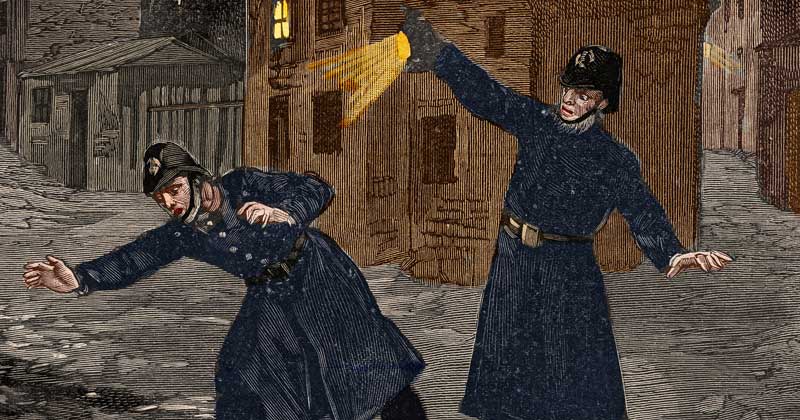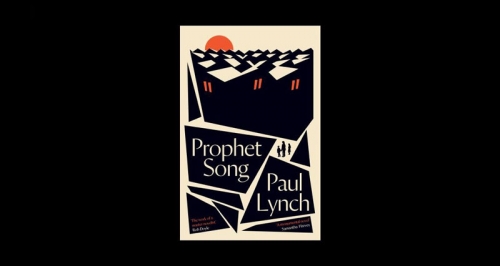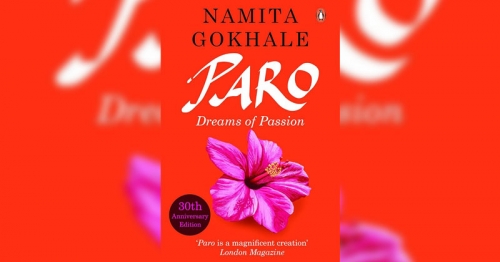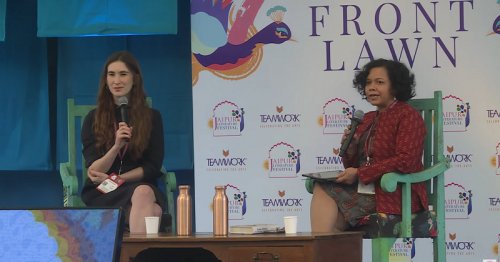The Five: The Untold Lives of the Women Killed by Jack the Ripper
Hallie Rubenhold in conversation with Bee Rowlatt
The ‘autumn of terror’, in which five women were gruesomely murdered, spawned the legend of Jack the Ripper. It quickly became one of Britain’s biggest cultural exports and remains a morbid tourist attraction. Even at the time of the murders in 1888, the story gripped not just Britain but the whole world. While the murderer was never found, the ‘Jack the Ripper’ character that was created by the media became so famous that to this day, hardly any attention has been given to his victims.
Historian Hallie Rubenhold’s book The Five: the Untold Lives of the Women Killed by Jack the Ripper aimed to set the record straight by shedding light on the stories of the victims. In an eye-opening discussion with writer and journalist Bee Rowlatt, Rubenhold separated fact from fiction, and turned the infamous legend on its head by looking into the lives of the women who have been forgotten by history books. “For 131 years, no one knew who these women were. The stories of their lives were hijacked either by that of the man who took them, or by gore of their deaths.†The sensationalism of the story can almost be seen as having given rise to the tabloid media headlines that we see to this day: “If it bleeds, it leads,†Rubenhold added.
Most of what we know of London comes from stories of Dickens and Queen Victoria, but the flip side of this image is one of “extreme poverty in many pockets of the cityâ€, not just in the infamous Whitechapel where the murders took place. The poorer citizens of London were marginalised and often forced to live and work in humiliating circumstances. For a poor, unmarried woman, options were limited. When asked whether these women had any agency, Rubenhold said that they “only had means to surviveâ€.
If there was one thing that Rubenhold wanted readers to take away from her book, it was the names of these women, and the misfortunes that had led them into the wrong place at the wrong time. The narrative that most of us have been fed was that “these women were prostitutes, and that they were responsible for their own demiseâ€. Most of these stories are in fact false, and where there is truth to them, it is because of “sad circumstances that led these women into poverty and alcoholismâ€, and the accompanying ostracism by society. In Victorian society, a fallen woman was regarded as a “sexually immoral womanâ€, and synonymous with a prostitute.
Rowlatt asked whether this book could be considered a feminist book. When Rubenhold set out to write it before the #MeToo movement, it ended up becoming a sort of “historical #MeToo bookâ€. “The book then became a feminist book, how could it not? It restores these women’s voices to the historical cannon.â€
In spite of the desolate scene that the book set, Rubenhold felt that these women didn’t die in vain, and that their stories could now be “reclaimed as a non-tragedyâ€. Each death contributed to society by “bringing their communities togetherâ€, and over a century later, served as a reflection of what women’s lives were like. For a society that is obsessed with murder and true crime, “we tend to be more interested in the killer, but not in the circumstances that create the killer and the victimsâ€. The stories of Polly, Annie, Elizabeth, Catherine and Mary-Jane from The Five: the Untold Lives of the Women Killed by Jack the Ripper correct this and urge us to ask the question: what went so wrong in society for these things to have happened?









